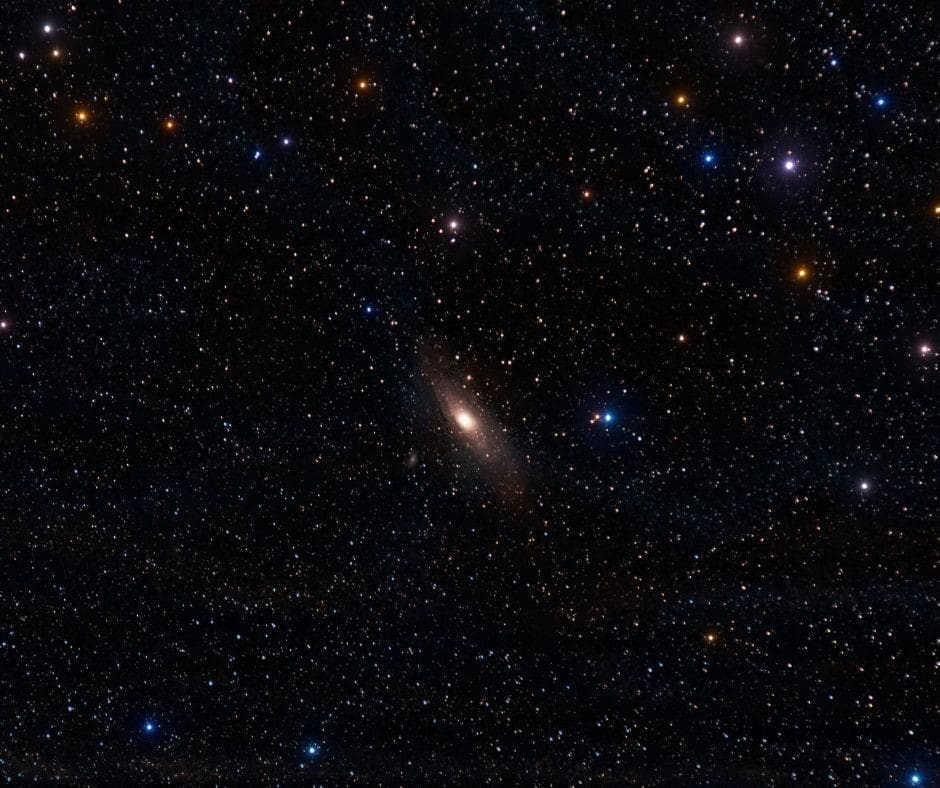A Kansas State University engineer, Lior Shamir, recently published research supporting an old theory that questions the Big Bang. Shamir used data from three telescopes and over 30,000 galaxies to measure the redshift, which tracks how fast galaxies move based on their distance from Earth.
His findings support the “Tired Light” theory from the 1920s. This theory suggests that galaxies don’t move faster the farther away they are; instead, their light loses energy as it travels, creating the illusion of faster movement. This challenges the Big Bang idea, which claims the universe began expanding 13.8 billion years ago.
Shamir’s study found that galaxies moving in the opposite direction of the Milky Way showed lower redshift. This aligns with the “Tired Light” theory, as redshift changed with galaxy distance. His research was published in the journal Particles.













